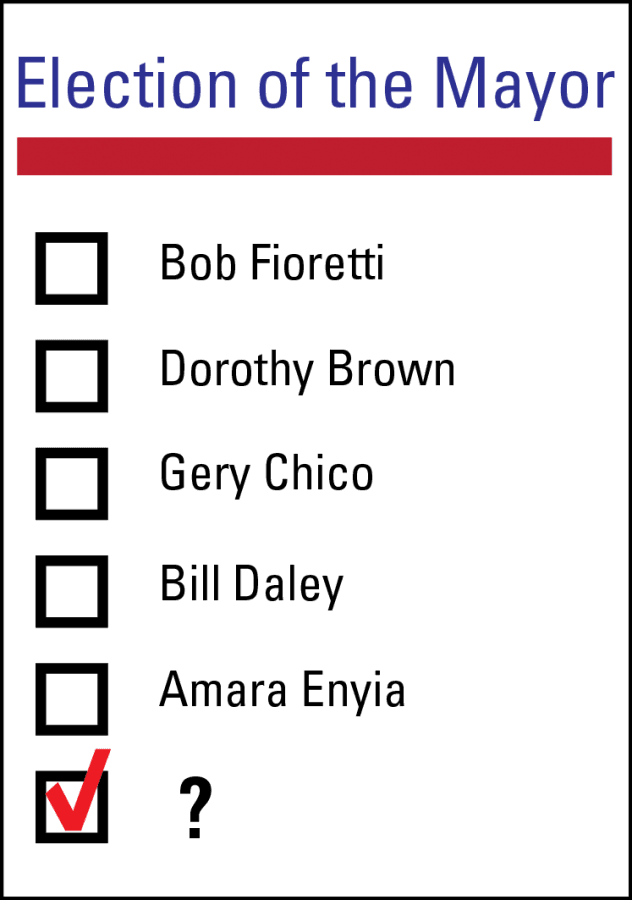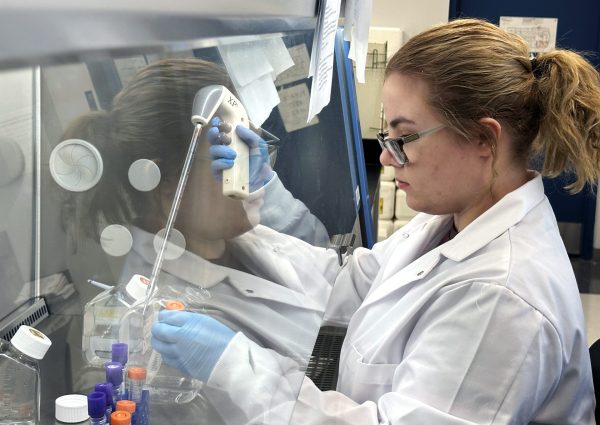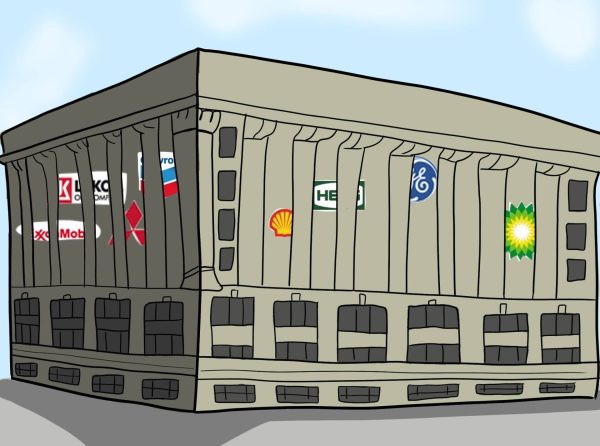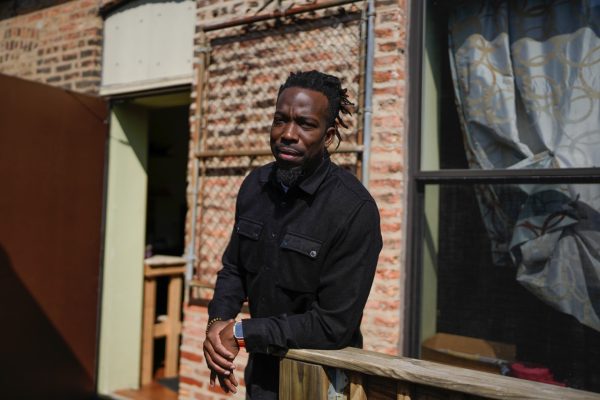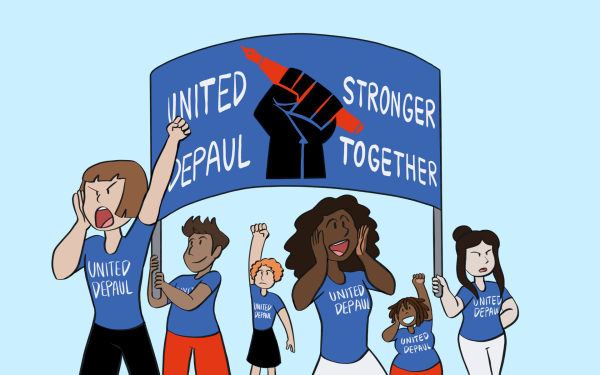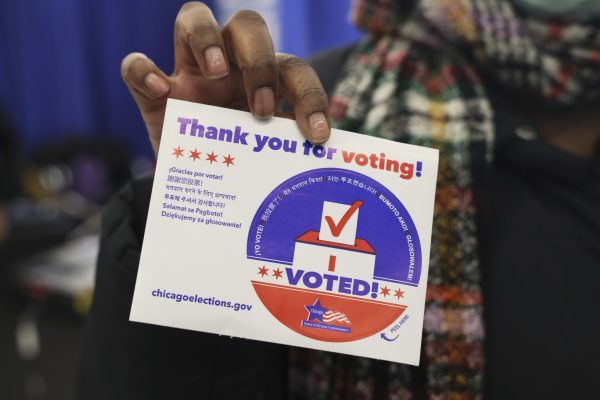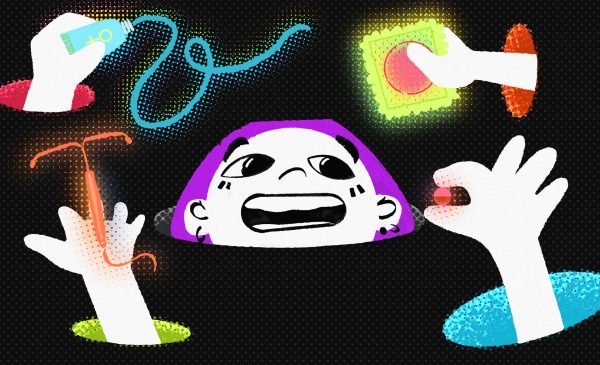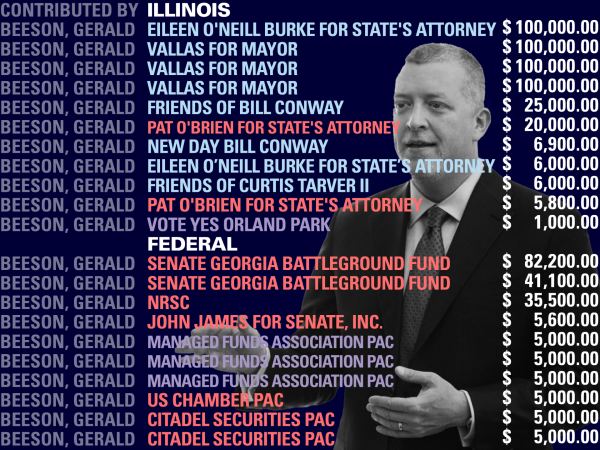As mayoral election gets closer, DePaul students lack interest
As the Chicago mayoral race heats up, it is important for residents to stay informed on the candidates and what they bring to the table of Chicago politics. For DePaul students, staying updated in local elections is easier said than done.
Unlike the 2018 gubernatorial elections where there was constant coverage and promotion of the candidates and their policies, the mayoral race has kept a much lower profile in comparison. Some cite the larger number of candidates and lack of public knowledge surrounding Chicago politics as a potential detractor for students to follow the election.
“I think there’s a lot of rhetoric surrounding the race that’s difficult to sort through without an understanding of Chicago politics and the policies of every candidate. In a media race like this one, those policies often don’t get the attention they deserve, with more time devoted to scandals and personal news,” said Hadiya Afzal, communications director for the DePaul College Democrats. “In an arena with so many candidates, it’s difficult to sift through the chaff to get the information many students need in order to make informed votes.”
The lack of involvement in local elections is not an issue specific to DePaul or Chicago. From 2001 to 2011, the average voter turnout in local elections dropped from 26.6 percent to 20.9 percent, according to a report from Governing.com.
“I do not think that more than 50 percent of DePaul’s student population is informed about the race considering major declarations and the fact that the race isn’t as popular in the news as it was a couple months ago,” said Kaitlyn Svinning, president of DePaul’s chapter of Turning Point USA. “However, I do think that it will get coverage in the media again and gain traction from DePaul students.
The lack of available information for students is another potential factor to the overall unenthusiastic response from DePaul students.
“I think the fact that no political advertisements are allowed on campus makes it nearly impossible to capture those people who don’t have a professional or personal interest in politics.”
— Ian Teunissen, DePaul senior and operations intern for Lori Lightfoot
“I think the fact that no political advertisements are allowed on campus makes it nearly impossible to capture those people who don’t have a professional or personal interest in politics,” said Ian Teunissen, a DePaul senior and operations intern for Lori Lightfoot’s campaign. “I don’t think it is productive to insulate the DePaul community from politics.”
Teunissen added that he would like to see greater initiative taken from DePaul’s administration to educate students on the mayoral race.
“I think DePaul should host aldermanic forums and/or mayoral forums that students can come to and prepare questions for,” Teunissen said. “I understand there are logistical issues, but as a student I honestly feel as though I am in an a-political bubble when I am on campus.”
Some students said that absence of bipartisan candidates makes the election less interesting, as all of the candidates are Democrats.
“There are around 15 candidates for mayor and not one of them is a Republican,” said Ankit Pal, a freshman health sciences major. “I cannot say that I support any of these candidates and I would hope that, in future elections, we see a true diversity of candidates including Democrats, Republicans and independents.”
Others with conservative viewpoints do not mind the lack of Republican candidates, choosing to ignore the political parties of the candidates.
“I am not shy to say that the student body will garner particular admiration to more liberal leaning candidates. Do I have a particular problem with that? No,” Svinning said. “More importantly, I care more about a mayor that genuinely cares for our city than the concern of what party that they are affiliated with.”
Afzal advises students to take a closer look at individual candidate’s policies rather than relying on the Democratic label.
“There are definitely some candidates who have branded themselves as “progressives” in the race, but in a Democratic city like Chicago, it’s tempting to slap a distinguishing label on yourself without having anything in your past to actually speak to the truth of it,” Afzal said. “I think DePaul students have the clarity to see through any fronts and will be able to ultimately choose a candidate who cleaves to their ideology.”
For DePaul students looking to become more informed about the election, the consensus is to familiarize themselves with both the candidates and the subtleties of Chicago politics.
“I think that once students realize how the city of Chicago and its political system works, they can become more informed on the purpose,” Pal said. “Students should look at the major power given to alderman in this city and how much money is put into judicial elections in this city by special interest groups. Chicago has a rich political history and mayoral elections in this city have the feeling of major presidential election.”


